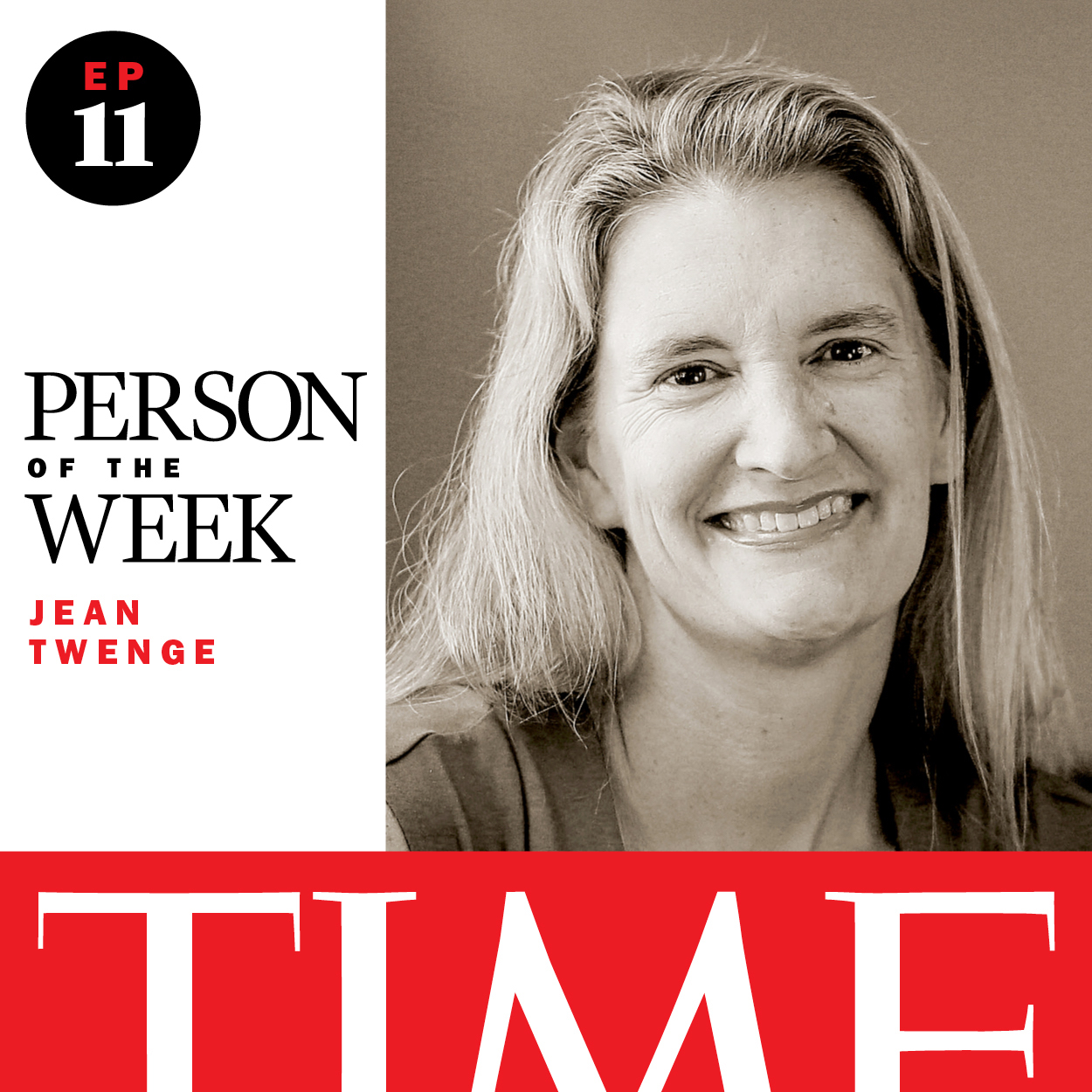Everybody’s getting ready for back-to-school season, and that means it’s time to talk about the kids. And the kids are not alright. Gen Z is in the grips of a historic mental health crisis, with teenagers struggling with record levels of depression, anxiety, and loneliness. And Dr. Jean Twenge is here to tell us why.
She has a simple explanation: it’s the phones, obviously. Her research gave us some of the earliest and most complete data about how technology and social media have affected teens’ mental health and wellbeing.
Her book, iGen, published in 2017, studied the lifestyles and habits of the first generation of digital natives. And in it, Dr. Twenge argues that the iPhone radically changed how teenagers spend their time. And in her most recent book, Generations, she traces how technological advancements have defined the six living generations: the Silent Generation, Baby Boomers, Gen X, Millennials, Gen Z, and the cohort born after 2012.
I had so much fun geeking out with Dr. Twenge about the differences between generations (which as you probably know by now, is my personal favorite topic.) And as a mom of three, she has some great advice on how to help your kids develop a healthy relationship with technology and social media.
Tune in every Thursday, and join us as we continue to explore the minds that shape our world. You can listen to the full episode in the player above, but here are a handful of excerpts from our conversation, which have been condensed and edited for clarity.
On why technology has the biggest impact on generational differences:
The traditional theory of generations is that generations are different because they experienced major events at different times. So, things like wars, pandemics, economic recessions and depressions and so on. And sure, that has an impact on life, but usually it’s short term. And it usually doesn’t change day to day life for more than a couple of years. But what really has a big impact over decades in terms of how we live our lives are changes in technology. You know, it really came to the fore when I was writing my previous book, iGen, about Gen Z. There were these really, really sudden changes for teens, starting around 2012, which turns out is the transition between Millennial and Gen Z high school students. And I’d really never seen changes that were so big and so sudden. Because I’ve obviously seen a lot of generational differences, but they would usually take a decade or two to get there.
Some of the changes were in things like: how often do you hang out with your friends? How often do you go out of the house without your parents? How often do you go to parties? And that really started to change significantly. Teens were spending a lot less time with each other face to face socially. Then there’s also big increases in teens saying they felt lonely, that they felt left out. That they felt like they couldn’t do anything right, that they felt like their life wasn’t useful, and that they weren’t enjoying life. And those last three are classic symptoms of depression.
It was a huge mystery at first. It did not line up with economic trends. In fact, it was the opposite. The U.S. economy was finally starting to improve after the Great Recession around 2012 when these changes started to show up. It was hard to think of any big cultural event that happened then. And that brought me to technology, because it turns out the end of 2012 was the first time the majority of Americans owned a smartphone.
On why Gen Z’s mental health is in such a state of crisis:
Clinical level depression doubled between 2011 and 2019 among U.S. 12 to 17 year olds.
I keep reading and hearing people say, Oh, it’s because of the pandemic. It started nine years before the pandemic. So that’s around the time Facebook bought Instagram, the majority of Americans owned a smartphone. It’s when there was a transition for teens between about half of them using social media every day to where about 75 or 80% used it every day. So that means it moves from optional to virtually mandatory.
On how to parent a teen with a phone
In terms of teens communicating with each other electronically, they really have to be able to do that beyond a certain age these days, by high school. But that doesn’t have to be social media. It could be a group text, right? It could be FaceTiming your friends.
If you want to take just one thing away from this, it should be this: no phones in the bedroom overnight. Buy an alarm clock.
-
- Inside Elon Musk’s War on Washington
- Meet the 2025 Women of the Year
- Why Do More Young Adults Have Cancer?
- Colman Domingo Leads With Radical Love
- 11 New Books to Read in February
- How to Get Better at Doing Things Alone
- Cecily Strong on Goober the Clown
- Column: The Rise of America’s Broligarchy


